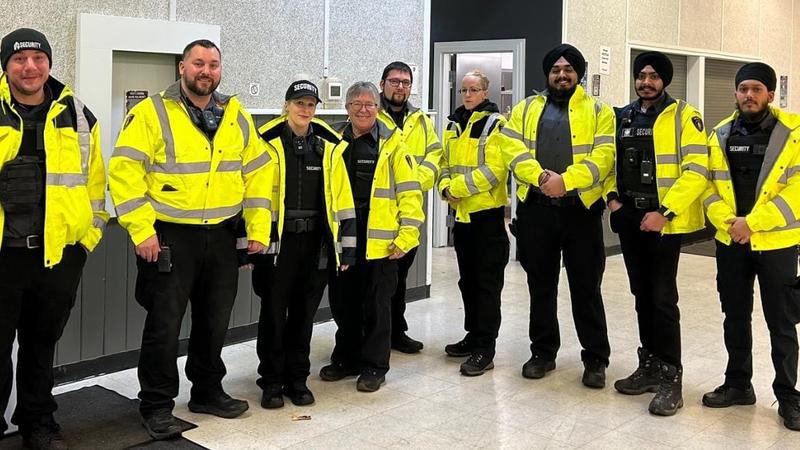
Task force outlines plan for better rural internet and cell phone service
MELFORT, Sask. — A total of 43 recommendations have been made to improve rural connectivity in Saskatchewan.
The Agricultural Producers Association of Saskatchewan (APAS) created the Rural Connectivity Task Force to meet with experts as well as large and small service providers to gain more knowledge on Saskatchewan services.
Task Force member Ian Boxall from Tisdale, Sask. said APAS members responded to a recent survey saying 60 per cent were not satisfied with internet and cell phone service.
The recommendations were organized into seven categories:


